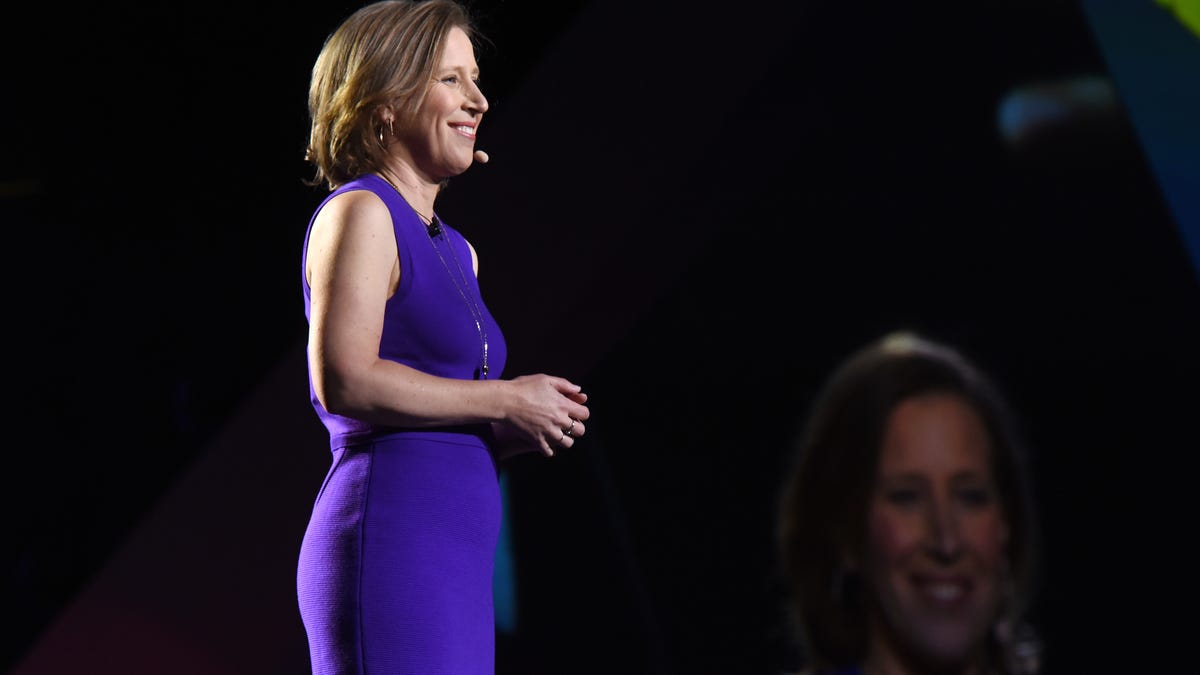YouTube to launch splashy shows you can see free with ads
Google's YouTube will make polished shows starring celebrities you know, aiming to take a bite out of the ad dollars that marketers shovel to regular TV.

YouTube CEO Susan Wojcicki also apologized to advertisers Thursday, at its annual presentation to marketers in New York.
YouTube is diving into more original shows -- but these you won't have to pay for.
At an event in New York, Google's video service unveiled a slate of TV-like series for the free, ad-supported side of its site, stocking the lineup with traditional TV, movie and music superstars as well as digital celebs that rose to prominence on YouTube itself.
The shows mimics a style of programming that YouTube was already pouring into its subscription service Red, except the new programs will be available for anyone to see with commercials. YouTube Red unlocks access to exclusive series and strips out ads for $10 a month.
The other difference? These shows will feature Hollywood stars. Among the names involved in the seven initial shows: Kevin Hart, Ellen DeGeneres, Katy Perry, Demi Lovato, Rhett and Link of YouTube-based variety show "Good Mythical Morning" and YouTuber figures The Slo-Mo Guys. Bloomberg reported earlier that the original programming plan will involve hundreds of millions of dollars to produce more than 40 original shows and movies in the next year.
"YouTube is not TV, and we never will be," YouTube CEO Susan Wojcicki said Thursday at a presentation to advertisers in New York. "The platform that you all helped create represents something bigger."
That comes a month after Google's video site launched called YouTube TV. The $35-a-month subscription is a virtual cable competitor that adds live television channels on top of its giant library of posted clips.
Between the new shows and the sales pitch YouTube made Thursday, the company hammered the message to advertisers -- the giant slice of money you're spending on regular TV makes better sense coming to YouTube. But Thursday's event, known as a NewFront, came at a fractious time between Google's video service and the advertisers that feed YouTube most of its money. After media reports exposed examples of YouTube's automated software sticking ads next to clips heavy on racism or other objectionable content, angry advertisers -- including giant brands like Pepsi, Walmart and AT&T -- pulled out of YouTube in a wide boycott.
Wojcicki apologized to advertisers on stage Thursday.
"The last several weeks have been challenging for some of you and you've told us to do better. We've taken your freedback to heart. We apologize for letting some of you down," she said. "I'm here to say that we can and we will do better."
She said YouTube was working to provide marketers with more controls.
YouTube also will continue to make shows for Red, but the company said Red's ad-free model crimped the company from accepting money from advertisers that were interested in marketing next to that kind of polished programming.
Steven Musil contributed to this story.
Does the Mac still matter? Apple execs tell why the MacBook Pro was over four years in the making, and why we should care.
Tech Enabled: CNET chronicles tech's role in providing new kinds of accessibility.

